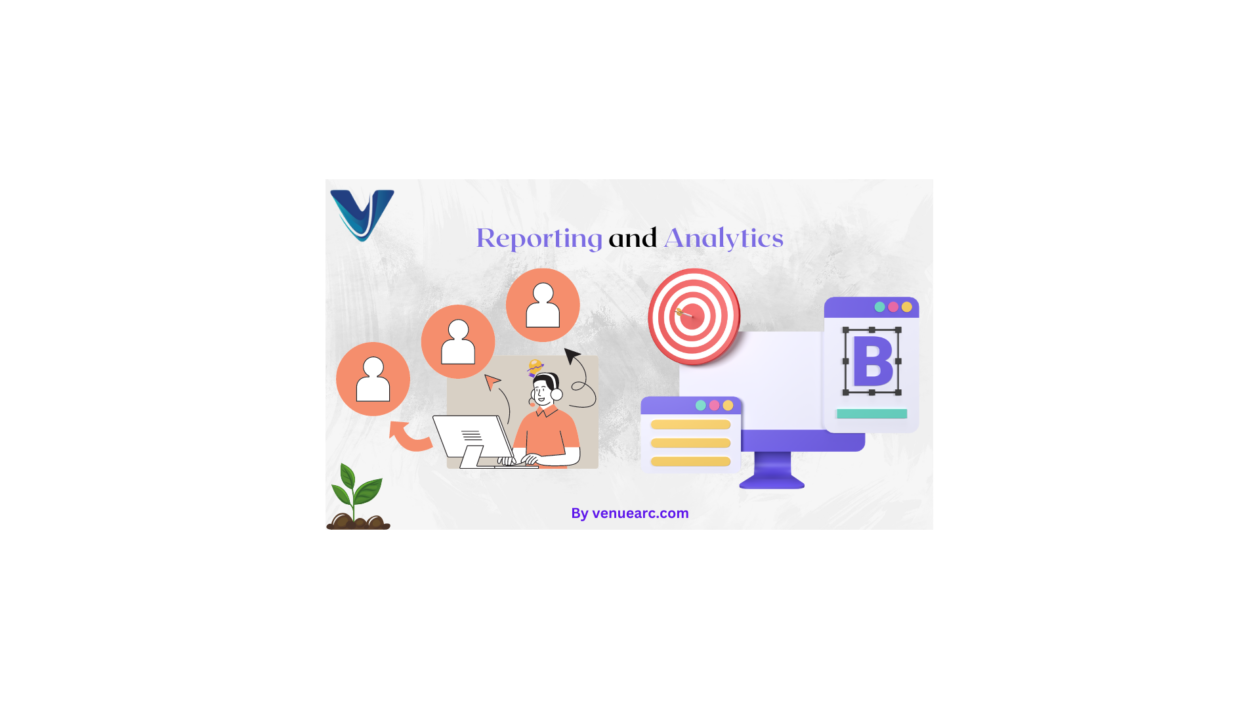In the world of event planning, it’s no longer enough to nail down the logistics and execute a flawless event day. Nowadays, savvy event organizers know that data is king. By tapping into the power of Reporting and analytics, they can unlock valuable information to help improve their events. From analyzing attendee behavior to measuring the effectiveness of event marketing campaigns, event software, and analytics can provide event planners with the insights they need to make informed decisions and elevate their events to the next level. Join us in this blog post as we dive into the world of event software and analytics and discover how you can leverage these tools to achieve greater success and make your events truly stand out.
Data Collection and Management
As an event organizer, you must know who your attendees are, their interests, and how they engage with your event. Collecting and managing data is crucial to achieving this goal. With the help of event software, data collection can be automated, saving valuable time and effort that can be redirected toward other aspects of event planning. The software can also assist with data management, ensuring that information is stored securely and is easily accessible when needed. Through data analysis, event organizers can gain insights into attendee behavior, such as which sessions or activities are most popular, which exhibitors are getting the most traffic, and which marketing channels drive the most registrations. Armed with this knowledge, event planners can make informed decisions for future events, tailoring their offerings better to meet the needs and interests of their attendees.
Attendee Engagement
One of the most critical elements of any successful event is attendee engagement; event software plays a crucial role in making this happen. By leveraging the power of technology, event organizers can create a more personalized and engaging experience for attendees. For instance, mobile event apps have revolutionized how event organizers interact with attendees, making it easier to provide real-time feedback and personalized experiences. Push notifications based on attendee preferences, interests, and location allow organizers to deliver relevant content and updates, driving engagement and participation. Engaging attendees through technology has become increasingly important as people seek more interactive and immersive experiences, making event software a vital tool for any modern event.
Predictive Analytics
In the fast-paced world of event planning, predicting outcomes and planning accordingly is crucial. This is where predictive analytics comes in. By analyzing data from past events, event software can provide insights into attendee behavior, preferences, and patterns. This information can be used to forecast future attendance rates, revenue, and other key performance indicators. With predictive analytics, event organizers can make more informed decisions about event size, location, and timing, ensuring they maximize their resources and generate the greatest possible ROI. By leveraging this technology, event planners can stay ahead of the game and make data-driven decisions that set their events up for success.
Performance Measurement
Performance measurement is a crucial part of event planning and management. By measuring the success of an event, event organizers can identify the areas where they excelled and those that need improvement. Event software can provide detailed performance metrics that help to evaluate the event’s effectiveness. These metrics include attendee engagement rates, sponsorship ROI, and revenue generated. With this data, event planners can make informed decisions and improvements for future events. They can also gain insights into which marketing strategies are most effective in promoting their events, which can help to optimize their marketing budgets. By understanding the performance metrics, event planners can adjust their approach, optimize their resources, and ultimately deliver better events that meet their attendees’ needs and exceed their expectations.
Personalization
Personalization has become a buzzword in the event industry as event-goers increasingly demand unique and tailored experiences. With event Reporting and Analytics, event organizers can take personalization to the next level. By collecting data on attendees, such as their interests and preferences, event software can provide personalized recommendations and experiences. For example, attendees could receive customized schedules based on their preferences, ensuring they don’t miss out on the events or sessions that matter most to them. Additionally, targeted messaging can be sent to attendees based on their location or interests, making them feel like valued individuals rather than just another attendee in the crowd. By providing a personalized experience, event organizers can increase attendee satisfaction, build brand loyalty, and drive greater event success.
Read More: Venue Booking System
The Wrap Up
In the ever-changing world of event planning, event Reporting and analytics have become essential tools for planners to create successful and engaging events. Through the collection and management of data, event software allows planners to track attendee behavior, measure performance metrics, and provide personalized experiences that improve attendee engagement and satisfaction. By leveraging the insights gained through event analytics, planners can make informed decisions about future events, improving the effectiveness of their strategies and ultimately achieving greater success. In today’s competitive event industry, event software and analytics can make all the difference in creating memorable and successful events that leave a lasting impact on attendees.
